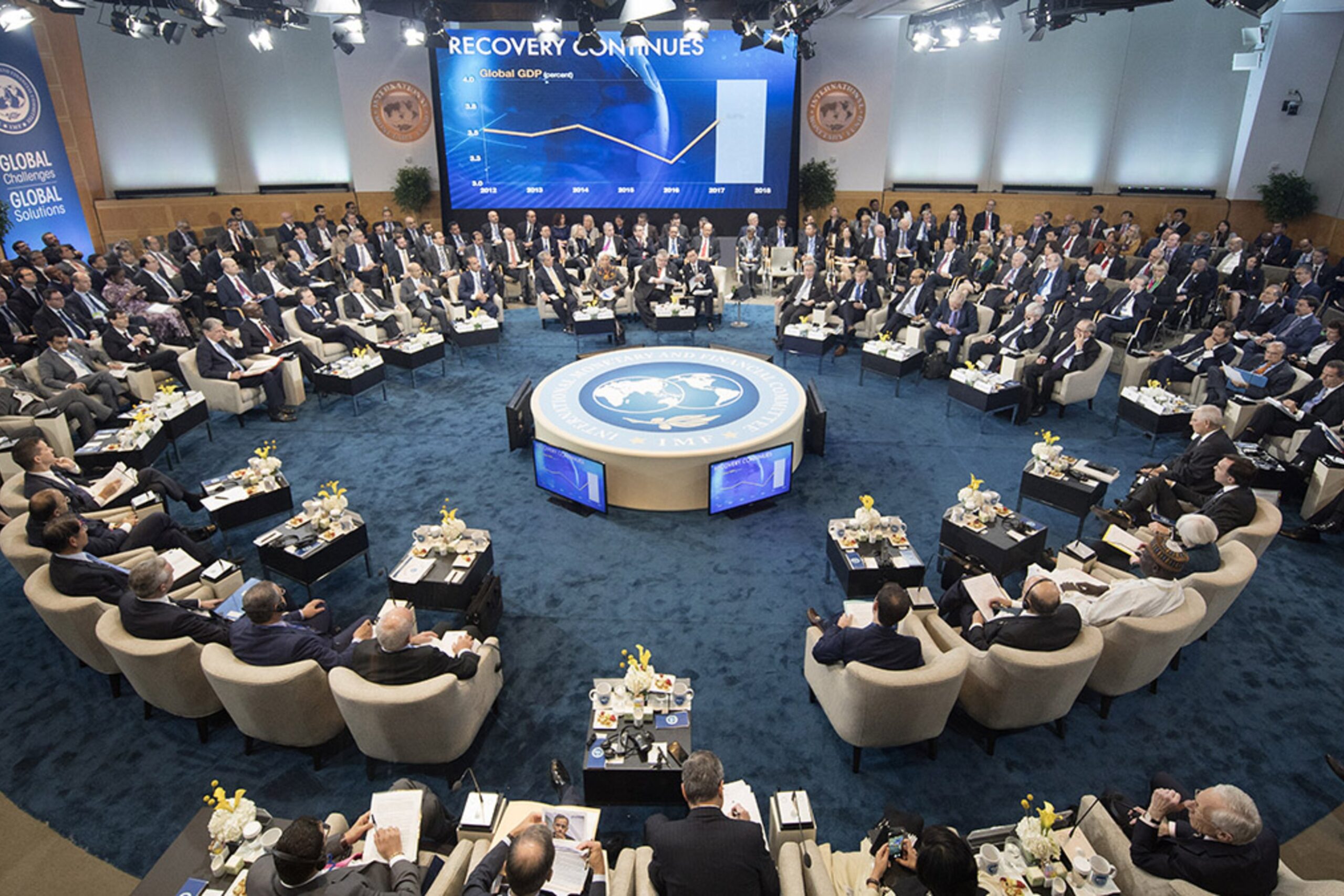Review to weed out speculative independent power producers
Licences for all independent power producers (IPPs) are to be re-examined with a view to discouraging the acquisition of licences for speculative purposes.
At least 65 IPPs have so far been licensed, but have not started developing the requisite infrastructure to start producing power.
Under the licensing schemes, private power stations would either feed energy into the national grid at an agreed price or, for small schemes in remote areas, would supply a local community,
Speaking at the Ministry of Energy and Power Development five-year strategic planning workshop, Deputy Minister Magna Mudyiwa said the ministry and its parastatals were key in supporting Vision 2030.
She said given that Zimbabwe was endowed with numerous energy resources, there was no reason to continue relying on imports.
“Despite having licensed more than 65 independent power producers, it is sad that many are holding on to their licences without meaningful development,” she said.
“This calls for the review of the procurement mechanism in this field to avoid speculative holding of these licences.
“In this regard, we should ensure that whatever policies, interventions or strategies that we are going to come up with are sustainable and guarantee long term provision of energy.”
Deputy Minister Mudyiwa said interventions such as direct fuel import policy and adoption of cost-reflective pricing had resulted in improvements in the country’s energy sector.
“Despite challenges experienced during the Transitional Stabilisation Programme period, the energy sector has begun to witness enormous improvements with the supply of fuel having stabilised after the adoption of the direct fuel imports policy,” she said.
“As a result of cost reflective pricing and foreign auction system, the electricity sub-sector is beginning to show positive changes.
“It is against this background that the sector must continue to show its resilience through crafting policies, programmes and projects which will drive this economy towards Vision 2030.”
With the country’s infrastructure far behind owing to economic decline over the past two decades, infrastructure development is tied to economic progress.
Mashonaland West Provincial Affairs and Devolution Minister Mary Mliswa-Chikoka hailed improved power and fuel supplies saying it augurs well with agricultural production.
She said uninterrupted power supplies had resulted in a successful winter wheat cropping season.
Permanent Secretary in the Ministry of Energy and Power Development Engineer Gloria Magombo said there was need to improve the country’s power generation infrastructure with some installations needing decommissioning.
As a result, the country, which has installed capacity of 2 300MW, was importing from neighbouring countries.
Budgets, she said, should have provision for maintenance and rehabilitation of infrastructure while also making provisions for the building of new capacity through the involvement of private players.-herald.cl.zw









